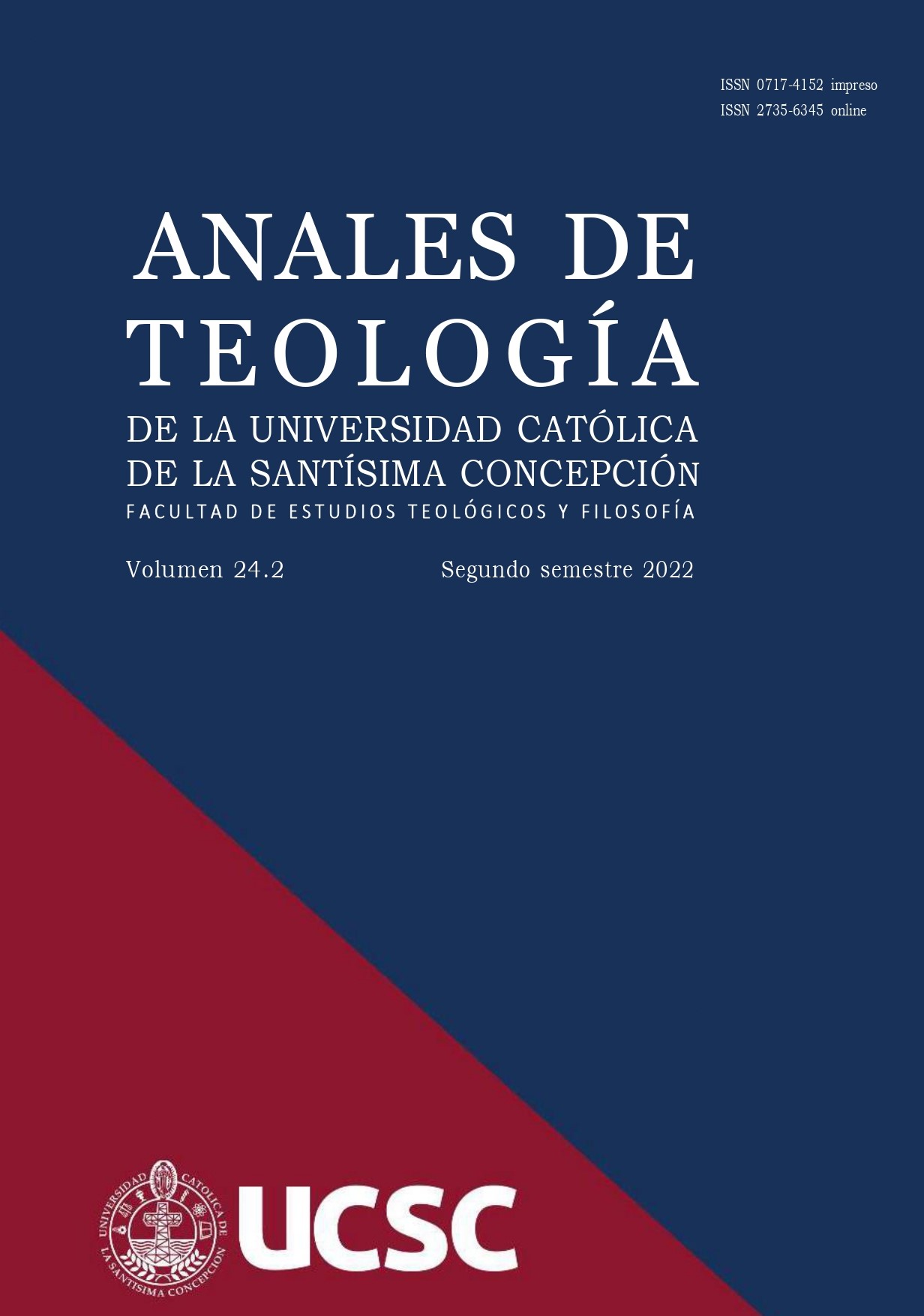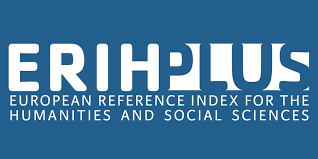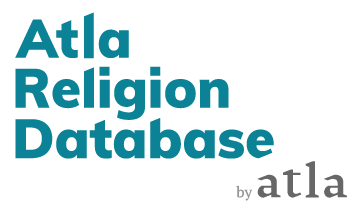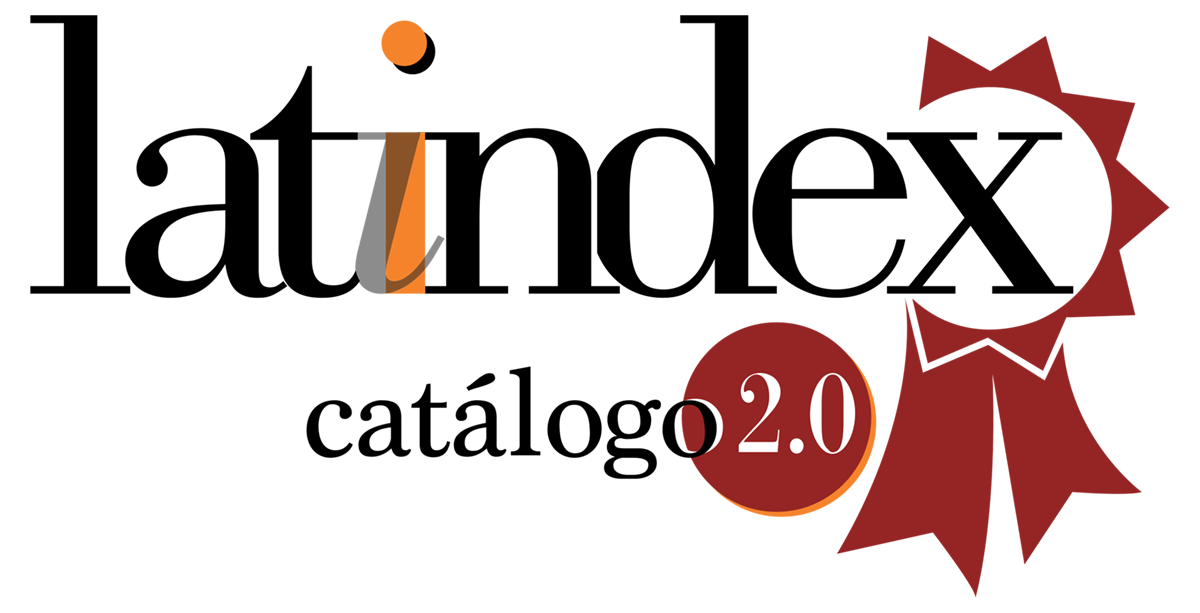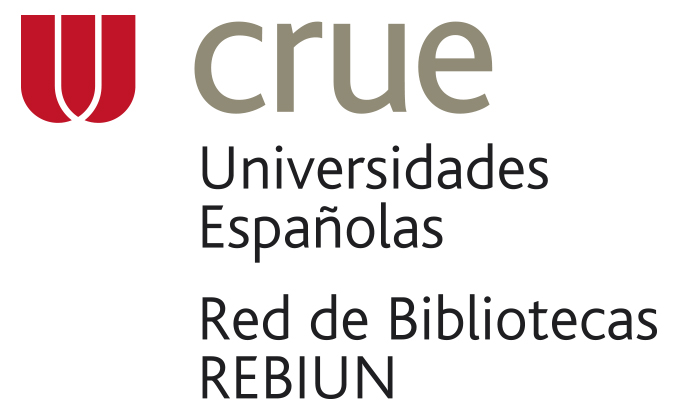Biodiversity and responsibility : A reflection from the thoughts of Pope Francis and Hans Jonas
DOI:
https://doi.org/10.21703/2735-6345020220420210Keywords:
responsibility, biodiversity, ecosystem, common benefit, ecoethics, ecotheologyAbstract
Environmental ethics, as applied ethics, thinks about the responsibility that human beings have with their environment, a thought that has become necessary given the relationship that man has today with the environment, there is, among other things, an abuse of the resources it provides. Until today, such serious effects had not been evidenced, both for the environment and for the life of the human being. For this reason, it is necessary to generate a positive, real and pragmatic change that allows human beings to be responsible for caring for their environment. Considering the theological-philosophical aspects pointed out by pope Francis, with Hans Jonas's approach of an ethics for technological civilization, it is that, in this research, it is hoped to channel both lines of thought about responsibility towards practical ideas for human action in favor of biodiversity. In addition to recognizing the role of responsible administrator that the human being has, a role that should point towards an ethic oriented to the future, respecting the position of the human being responsible for the ecosystem and its biodiversity.
Downloads
References
AMERIGO, M., “Concepciones del ser humano y la naturaleza desde el antropocentrismo y el biosferismo”, Medio Ambiente y Comportamiento Humano 10/3 (2009) 217-234.
ARBOLEDA, C. – POMPILIO, J., “Desarrollo integral y responsabilidad con la casa común. Perspectivas de análisis filosófico-teológicas de la encíclica Laudato si’”, Revista Iberoamericana de Teología 13/24 (2017) 65-92.
ARISTÓTELES, Acerca del alma, Gredos, Madrid 1983.
BECK, U., La sociedad del riesgo, Paidós, Barcelona 2019.
BEUCHOT, M., “La filosofía en Laudato si’”, Sapientia 72/239 (2016) 181-193.
BOFF, L., Una ética de la madre tierra. Cómo cuidar la casa común, Trotta, Madrid 2017.
BRITO, R., “La relación entre la ética ambiental y la carta encíclica Laudato si’”, Terra Mundos 2/2 (2015) 1-12.
CAMACHO, I., “Laudato si’: el clamor de la tierra y el clamor de los pobres. Una encíclica más que ecológica”, Revista de Fomento Social 281 (2016) 59-79. DOI: https://doi.org/10.32418/rfs.2016.281.1359
DIRZO, R., “La biodiversidad como crisis ecológica actual ¿qué sabemos?”, Ciencias 4 (1990) 48-55.
ESTRADA-CELY, G. - SÁNCHEZ-CASTILLO, V. - GÓMEZ-CANO, C., “Bioética y el desarrollo sostenible: entre el biocentrismo y el antropocentrismo y su sesgo economicista”, Clío América 12/24 (2018) 219-231. DOI: https://doi.org/10.21676/23897848.2999
FRANCISCO, Laudato si’, Ediciones UC, Santiago 2015.
GARCÍA, E., “Laudato si’: de Francisco de Asís al papa Francisco”, Proyección 63 (2016) 41-67.
GONZÁLEZ, G., “El principio de responsabilidad de Hans Jonas a la luz de la conciencia ecológica”, Nómadas. Revista Crítica de Ciencias Sociales y Jurídicas, 2/46 (2015) 1-22. DOI: https://doi.org/10.5209/rev_NOMA.2015.v46.n2.51421
HALFFTER, G., “¿Qué es la biodiversidad?”, Butlletí de la Institució Catalana d'Història Natural 62 (1994) 5-14.
JONAS, H., El principio de la vida. Hacia una biología filosófica, Trotta, Madrid 2000.
JONAS, H., El principio de responsabilidad. Ensayo de una ética para la civilización tecnológica, Herder, Barcelona 1995.
KLIER, G. - CASALDEREY, C. - BUSAN, T. - DI PASQUO, F., “Conservación de la biodiversidad y sus vínculos utilitaristas: cercanías y distancias con Peter Singer y Gifford Pinchot”, Revista Metropolitana de Sustentabilidad 7/3 (217) 64-81.
LARRAÍN, S. - POO, P., Conflictos por el agua en Chile. Entre los Derechos Humanos y las Reglas del Mercado, Chile Sustentable, Santiago 2010.
LECAROS, J., “La ética ecológica: de los cambios de fundamentación hacia la responsabilidad global”, en: BECA, J.P. - ASTETE, C. (eds.), Bioética Clínica, Mediterráneo, Santiago 2012.
LECAROS, J., “La ética medio ambiental: principios y valores para una ciudadanía responsable en la sociedad global”, Acta Bioethica 19/2 (2013) 177-188. DOI: https://doi.org/10.4067/S1726-569X2013000200002
LECAROS, J., La fundamentación ontológica de la ética de la responsabilidad de Hans Jonas (Tesis doctoral), Universidad Complutense de Madrid, Madrid 2015.
LEY N° 21.368, Diario Oficial de la República de Chile, 13 de agosto 2021, https://bcn.cl/2qw6z.
LEYTON, F., “Ética medio ambiental: una revisión de la ética biocentrista”, Revista de Bioética y Derecho 1/16 (2009) 40-44.
MINISTERIO DEL MEDIO AMBIENTE, Guía de apoyo docente en biodiversidad, Alvimpress, Santiago 2018.
PACHECO, K. - CALDERÓN, J., Alternativas al uso de pesticidas en el sector agrícola de la provincia de Sumapaz (Departamento de Cundinamarca) para mitigar la disminución de la población de abejas silvestres del género Bombus (Tesis de grado) 2021, https://repository.udistrital.edu.co/handle/11349/26105.
POTTER, V. R., “Bioética Global: encauzando la cultura hacia utopías más vívidas”, Revista de la Sociedad Internacional de Bioética 5 (2001) 7-24.
ROBLES, R., Las unidades de manejo para la conservación de vida silvestre y el Corredor Biológico Mesoamericano México, Comisión Nacional para el conocimiento y uso de la biodiversidad, Talpán 2009.
ROZZI, R., “Ecología superficial y profunda: filosofía ecológica”, Revista ambiente y desarrollo de CIPMA 23/1 (2007) 102-105.
SAUVÉ, L. - VILLEMAGNE, C., “La ética ambiental como proyecto de vida y “obra” social: un desafío de formación”, Revista de Investigación Educativa 21 (2015) 189-208. DOI: https://doi.org/10.25009/cpue.v0i21.1713
SIERRALTA, L. - SERRANO, R. - ROVIRA, J. - CORTÉS, C. (edS.), Las áreas protegidas de Chile, Ministerio del Medio Ambiente, Santiago 2011.
Downloads
Published
Issue
Section
License
Copyright (c) 2022 Anales de Teología

This work is licensed under a Creative Commons Attribution-NonCommercial 4.0 International License.
The Anales de Teología is an open access journal and does not charge for publication. In addition, it regulates its Copyright and access policy according to the Creative Commons Attribution-NonCommercial 4.0 International Public License (CC BY-NC 4.0), therefore sharing (reproducing and distributing the material in any medium or format) and adaptation (modifying, transforming, and creating from the material) is allowed as long as proper credit is given and the citation is included with the corresponding data. Moreover, it is not allowed to use the material for commercial purposes.
